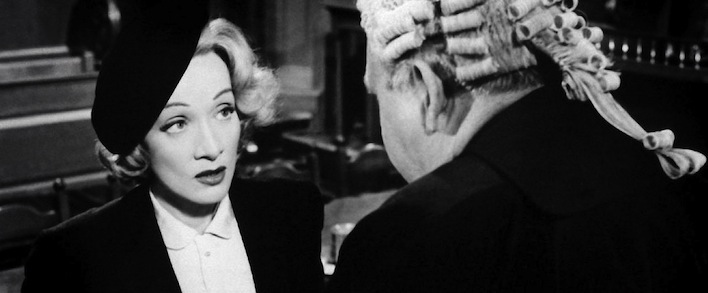From Rabelais to Zola, From Camus to Erasmus: the Psycholgy of the Trial, the Great Writers’ Intuitions and the Confirm of the Cognitive Sciences
Abstract
Rabelais, Zole, Camus have seen that the judments are based on many – sided thought processes, and not only on legal rationality. The article want to demonstrate that these intuitions are confirmed by the psycholgy and cognitive sciences.
To hit the mark, the article analyses an extract ofGargantua and Pantagruele, Thérèse Raquin and The stranger, comparing the pieces of these works to some psychological tests.
The article shows that Rabelais has rightly seen how much some heuristics are important to come to a decision; that Zola has seen the importance of the expectations in the perception of eyewitnesses; that Camus has described the deformations that could be produced in the course of the evidence.
In the end, the article shows that sometimes the justice is most clear in the great writers’ work and not, like Erasmus said, collecting glosses and glosses.
Downloads
References
Austin, John Langshaw, How do Do Things with Words, Oxford-New York, Oxford University Press, 1962, trad. it. Come fare cose con le parole, Genova-Milano, Marietti 1820, 2011.
Bechtel, William – Abrahamsen, Adele – Graham, George, The Life of Cognitive Science, in A Companion to Cognitive Science, William Bechtel – George Graham (Eds.), Blackwell, Oxford, Malden (Mass.), Blackwell Publishers ltd., 1998, trad. it. Menti, cervelli e calcolatori. Storia della scienza cognitiva, Bari, Laterza, 2004.
Bona, Carlo, Sentenze imperfette. Gli errori cognitivi nei giudizi civili, Bologna, Il Mulino, 2010.
Camus, Albert, L’Étranger, Paris, Gallimard, 1942, trad. it., Lo straniero, in Albert Camus. Opere, Milano, Bompiani, 2000.
Cavallone, Bruno, “Comme vous aultreus, messieurs” (François Rabelais teorico del processo e del giudizio), Rivista di diritto processuale, LXIII.2 (2008), pp. 433-40.
De Cataldo Neuburger, Luisella, Psicologia della testimonianza e prova testimoniale, Milano, Giuffrè, 1988.
Erasmo da Rotterdam, Moriae encomium sive stultitiae laus, (1511) trad. it. Elogio della follia, Milano, Rizzoli, 1998.
March, James Gardner, A Primer on Decision Making. How Decisions Happen, New York, The Free Press, a Division of Simon & Schuster, Inc., 1994, trad. it. Prendere decisioni, Bologna, Il Mulino, 1998.
Mazzoni, Giuliana, Si può credere ad un testimone? La testimonianza e le trappole della memoria, Bologna, Il Mulino, 2003.
Mortara Garavelli, Beatrice, Le parole e la giustizia. Divagazioni grammaticali e retoriche sui testi giuridici italiani, Torino, Einaudi, 2001.
Musatti, Cesare Luigi, Elementi di psicologia della testimonianza, Padova, Cedam, 1931.
Nobili, Massimo, L’immoralità necessaria. Citazioni e percorsi nel mondo della giustizia, Bologna, Il Mulino, 2009.
Piattelli Palmarini, Massimo, Le scienze cognitive classiche: un panorama, Torino, Einaudi, 2008.
Rabelais, François, Gargantua et Pantagruel (1532-64), trad. it. Gargantua e Pantagruele, Torino, Einaudi, 1993.
Read, J. Don – Bruce, Darryl, “On External Validity of Questioning Effects in Eyewitness Testimony”, International Review of Applied Psychology, III. 1 (1984), pp. 34-7.
Rumiati, Rino – Bonini, Nicolao, Psicologia della decisione, Bologna, Il Mulino, 2001.
Tambiah, Stanley Jeyaraja, Culture, Thought, and Social Action. An Anthropological Perspective, Cambridge (Mass.), Harvard University Press, 1985, trad. it. Rituali e cultura, Bologna, Il Mulino, 1995.
Taruffo, Michele, La semplice verità. Il giudice e la costruzione dei fatti, Bari, Laterza, 2009.
Zola, Émile, Thérèse Raquin (1867), trad. it., Thérèse Raquin, Milano, Rizzoli, 2009.
Copyright Notice
You are free to copy, distribute and transmit the work, and to adapt the work. You must attribute the work in the manner specified by the author or licensor (but not in any way that suggests that they endorse you or your use of the work).









